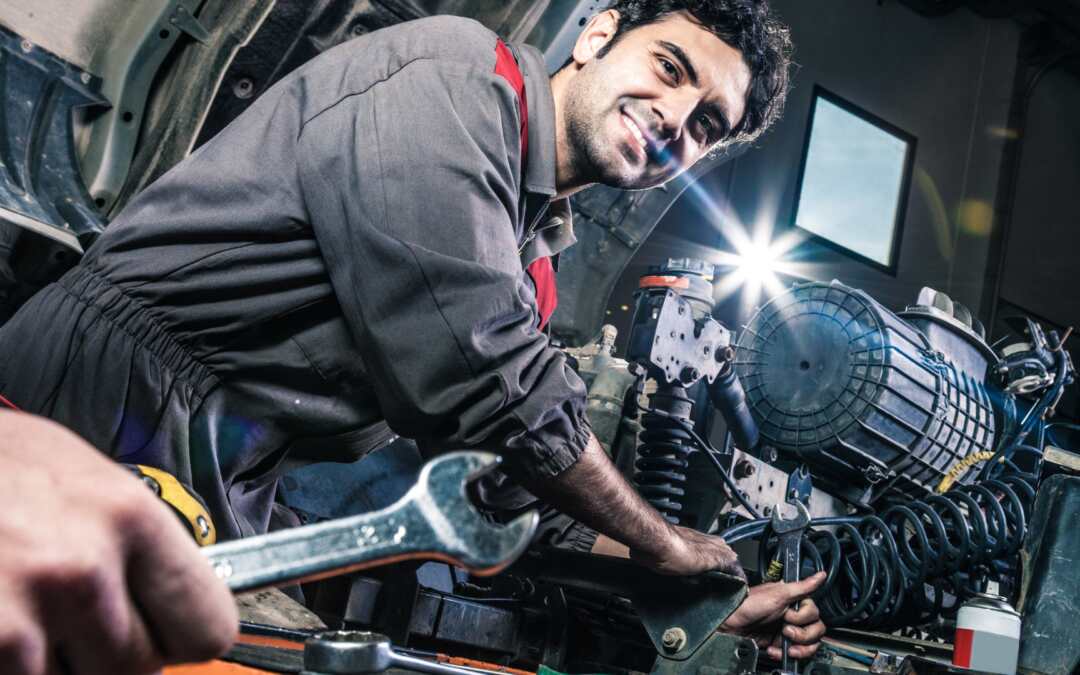At All Around Auto Repair, we understand that car repairs can be a daunting task for many drivers. Whether it’s a minor maintenance issue or a major mechanical failure, deciding whether to tackle the repair yourself or seek professional assistance can be a challenging decision. In this comprehensive guide, we’ll explore the pros and cons of DIY auto repairs versus professional services, offering practical tips for navigating this decision-making process with confidence.
The Appeal of DIY Auto Repairs
For many car owners, the allure of DIY auto repairs lies in the opportunity to save money and take pride in completing a task with their own hands. From oil changes and brake pad replacements to simple electrical repairs and minor bodywork, there are plenty of tasks that can be tackled in the comfort of your own garage with the right tools and know-how.
Pros of DIY Auto Repairs:
- Cost Savings: One of the most significant advantages of DIY auto repairs is the potential for cost savings. By eliminating labor costs associated with professional services, DIYers can often complete repairs for a fraction of the price.
- Learning Experience: DIY auto repairs provide an excellent opportunity for hands-on learning and skill development. From understanding the inner workings of your vehicle to honing your mechanical skills, DIY projects can be both educational and empowering.
- Convenience: For minor repairs and routine maintenance tasks, DIY auto repairs offer the convenience of being able to work on your own schedule, without the need to schedule an appointment or wait for a service shop to become available.
When to Call in the Pros
While the appeal of DIY auto repairs is undeniable, there are certain situations where it’s best to leave the job to the professionals. Complex mechanical issues, advanced electrical diagnostics, and safety-critical repairs are best handled by trained technicians with the expertise and specialized equipment to get the job done right.
Pros of Professional Auto Repairs:
- Expertise and Experience: Professional auto technicians undergo extensive training and certification to become experts in their field. They have the knowledge, skills, and experience to diagnose and repair a wide range of automotive issues quickly and efficiently.
- Specialized Equipment: Professional auto repair shops are equipped with specialized tools and diagnostic equipment that are often necessary for diagnosing and repairing modern vehicles. From computerized diagnostic scanners to hydraulic lifts, these tools enable technicians to perform complex repairs with precision and accuracy.
- Guaranteed Workmanship: When you entrust your vehicle to a professional auto repair shop, you can have peace of mind knowing that the workmanship is backed by warranties and guarantees. If something goes wrong with the repair, you can rely on the shop to make it right at no additional cost to you.
Navigating the Decision-Making Process
So how do you know whether to roll up your sleeves and attempt a DIY repair or call in the pros? Here are some practical tips for making an informed decision:
Assess the Complexity:
Before diving into a DIY repair, take a moment to assess the complexity of the task at hand. Ask yourself whether you have the necessary skills, tools, and knowledge to complete the repair safely and effectively. If the repair involves complex mechanical systems, advanced electrical components, or safety-critical components, it’s best to leave it to the professionals.
Consider Safety Considerations:
Safety should always be a top priority when working on your vehicle. Certain repairs, such as those involving the braking system, steering components, or airbag systems, require specialized knowledge and training to perform safely. If you’re unsure about the safety implications of a repair, err on the side of caution and seek professional assistance.
Evaluate Cost-Effectiveness:
While DIY auto repairs can save money in some cases, it’s essential to consider the cost-effectiveness of your decision. Factor in the cost of tools, parts, and potential mistakes or complications that could arise during the repair process. In some cases, the cost of professional services may be justified by the peace of mind and guaranteed workmanship they provide.
Conclusion: Finding the Right Balance
In conclusion, the decision between DIY auto repairs and professional services ultimately comes down to a combination of factors, including complexity, safety considerations, and cost-effectiveness. While DIY projects can be rewarding and cost-effective for minor repairs and routine maintenance tasks, complex mechanical issues and safety-critical repairs are best left to the professionals.
At All Around Auto Repair, we’re here to help you navigate this decision-making process with confidence. Whether you’re a seasoned DIY enthusiast or prefer to leave the repairs to the pros, you can count on our team of skilled technicians to provide expert advice and professional services to keep your vehicle running smoothly. So the next time you’re faced with a car repair dilemma, remember to weigh your options carefully and choose the approach that best suits your needs and abilities.




